If society fits you comfortably enough, you call it freedom
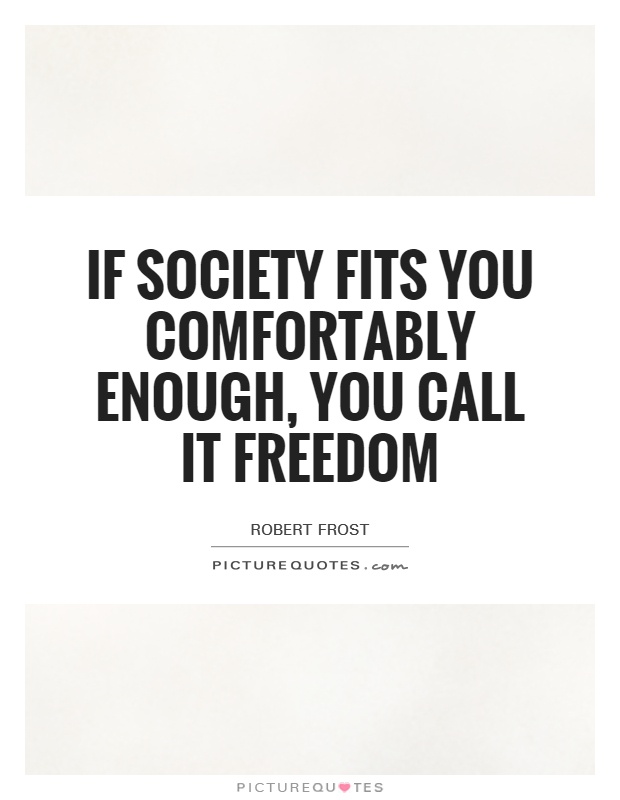
If society fits you comfortably enough, you call it freedom
Robert Frost, one of America's most beloved poets, often explored themes of nature, individualism, and the human experience in his works. In the context of the quote "If society fits you comfortably enough, you call it freedom," Frost's poetry can shed light on the complexities of societal expectations and personal freedom.Frost's poems often depict individuals grappling with the constraints of society and the desire for autonomy. In his poem "The Road Not Taken," the speaker reflects on a choice that diverges from the conventional path, symbolizing the struggle between conformity and individuality. Similarly, in "Mending Wall," Frost questions the necessity of societal barriers and traditions that divide people, suggesting that true freedom lies in breaking down these walls.
The quote "If society fits you comfortably enough, you call it freedom" can be interpreted as a commentary on the complacency that can arise from conforming to societal norms. Frost's poetry challenges readers to question the status quo and consider whether true freedom can be found within the confines of societal expectations. In "Stopping by Woods on a Snowy Evening," the speaker is drawn to the beauty and tranquility of nature, suggesting a longing for escape from the pressures of society.
Frost's exploration of the tension between individualism and societal conformity resonates with the quote, as he invites readers to consider the true meaning of freedom. While society may provide a sense of security and belonging, Frost's poetry suggests that true freedom comes from embracing one's unique identity and challenging the constraints of societal expectations.
Ultimately, Frost's poetry encourages readers to reflect on the complexities of personal freedom and the role of society in shaping individual identity. By delving into the nuances of human experience, Frost's works offer a profound exploration of the quote "If society fits you comfortably enough, you call it freedom," challenging readers to consider the true nature of freedom in a world defined by societal norms.

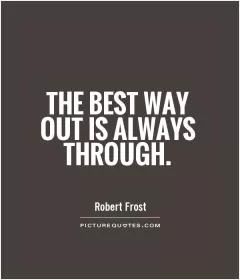
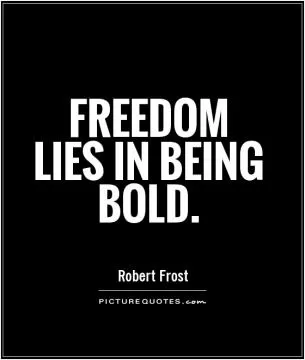
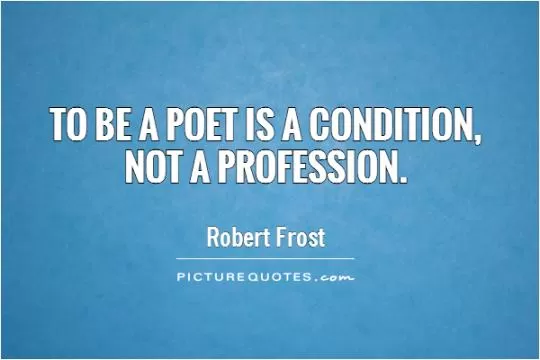
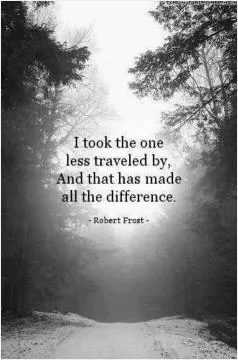



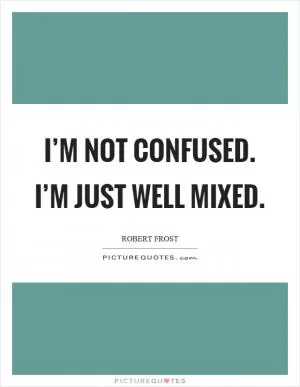
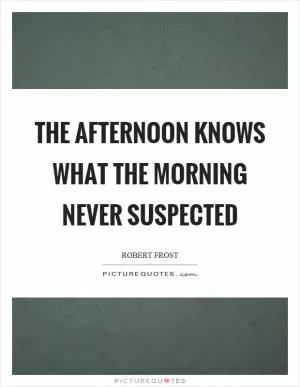
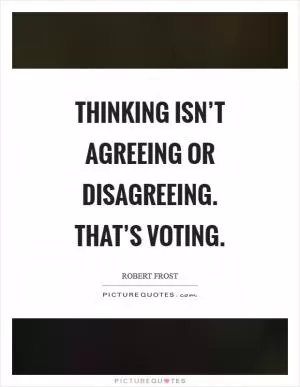
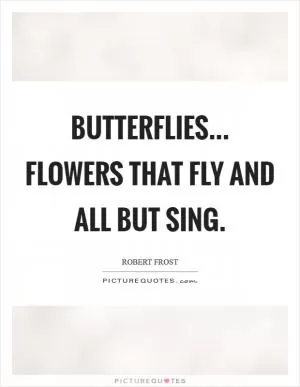
 Friendship Quotes
Friendship Quotes Love Quotes
Love Quotes Life Quotes
Life Quotes Funny Quotes
Funny Quotes Motivational Quotes
Motivational Quotes Inspirational Quotes
Inspirational Quotes